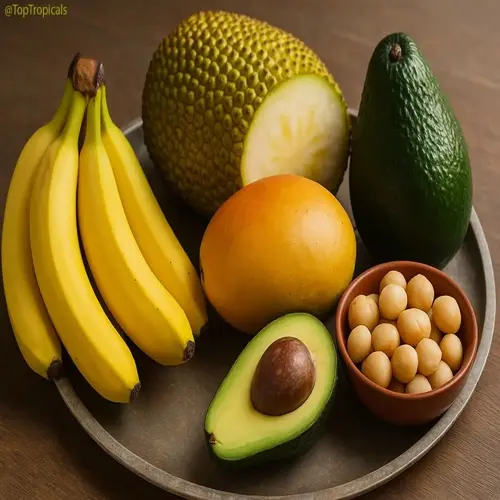How does gut health influence mood?

Written by
Chen Jialiang
Reviewed by
Prof. Graham Pierce, Ph.D.Your gut microbiome influences your emotional state directly by biological pathways. Trillions of bacteria produce neurotransmitters that travel to the brain. When my clients improve gut health, the anxiety often decreases within weeks. This gut-brain axis explains the digestive discomforts that usually accompany mood changes.
Neurotransmitter Production
- Gut bacteria create 90% of body's serotonin
- Microbes produce GABA that calms neural activity
- Dopamine precursors originate in colon lining
Barrier Protection
- Butyrate strengthens blood-brain barrier integrity
- Prevents inflammatory particles reaching neural tissue
- Maintains optimal nutrient transport to brain
The vagus nerve connects all the organs of the body in a superhighway of information relay. Stressors trigger inflammation throughout the gut, sending information to the brain in milliseconds. Deep abdominal breathing is a calming technique that drastically improves both digestion and mental clarity. I teach my clients abdominal breathing to engage this area of relaxation.
A diverse gut microbiome enhances psychological resilience in response to stressors. Eat 30 plant species weekly in the form of fruits, vegetables, and herbs. This diversity creates substances like butyrate, which protect the neurons. Avoid antibiotics unless absolutely necessary, as they can decrease microbial diversity for months.
Enhance your gut health by following a morning routine. Start each day with warm water with lemon to stimulate digestion. Add some probiotic foods, such as yogurt, kefir, or other fermented products. Add fiber to meals in the form of chia seeds. These habits will foster a greater diversity of the microbial populations naturally. While changing diets to follow gut health, it is also a good idea to keep track of any mood differences that evolve directly with the diet.
Read the full article: Nutrition for Mental Health: Essential Guide

